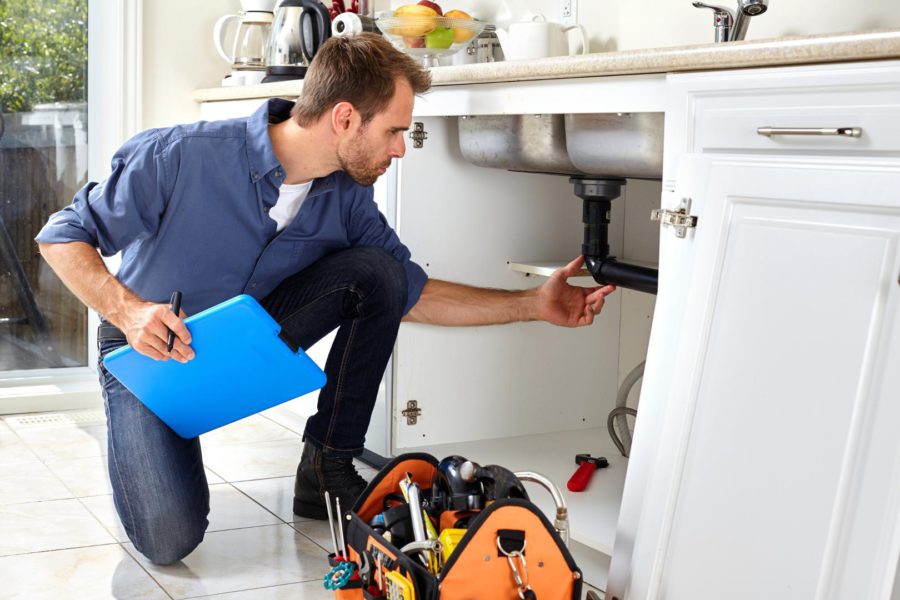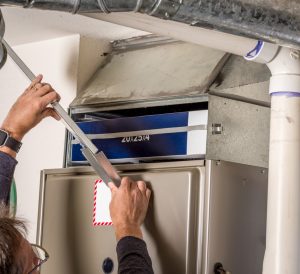plumbing inspectors are the specialized individuals who examine installation of systems and ensure safety of drinking water systems, sanitary disposal of waste and pipe fixtures for industrial uses.The jobs of plumbing inspector have seen a projected growth of 12% since 2012 and it will continue to grow fast. Their job scope is strongest in government sectors, architectural fields, engineering and related services. These days, certifications in multiple specialties and work experience have become an increasing demand for many jurisdictions.

Residential, commercial and industrial plumbing inspections:
All water, sewer, storm water and vent system must be tested with perfection especially with water prior to covering with floor, wall and ceiling coverings. All finished textures should be finally inspected before closing out any permit.
How to contact for plumbing inspection?
For plumbing inspection, interested parties can look for the offline and online advertisement in newspapers, magazines, yellow pages and over web. The inspectors can be contacted on phone, email, chat or through FAX. Usually plumbing inspections are booked 24 hours prior. It is essential to have the permit number or IVR number ready for reference at the time of making call. The inspection status can be checked online via permit/ case search tool.
What are the areas where plumbing inspection can be disapproved?
There are a number of reasons for disapproval-
- The plumbing inspector may not be authorized to do the inspection.
- There might be code violations.
- The work may be incomplete.
- In case of corrections, the plumbing inspector notes down the areas of pitfalls and goes for re-inspection after things are sorted out. Re-inspection fees are separate.
Plumbing inspector inspects following areas-
- Main water supply and inspection of water lines. The water supply lines may be of copper, lead, galvanized steel, black Polly, CPVC, Pex etc. Galvanized water lines used in older homes are usually corroded from inside and prevents water flow. There may be faults in CPVC water lines as homeowners do their own plumbing.
- Water leakage: At the time of plumbing inspection, water leakage in all the joints and shut off valves is checked.
- Dielectric pipe fittings: The inspector also checks if dielectric union pipe fittings are held properly as out of the two metals, one has a tendency to build up rust creating water blockages.
- Hot water heater plumbing inspection: Inspector checks for the efficiency of the exhaust vents, pressure relief valves, appropriate connections, presence of three screws per joint, carbon- monoxide re-entering the home, gurgling sound coming out of the hot water heater, positive air flow to the chimney etc.
- Plumbing waste line inspection: The inspector should also check the conditions of PVC, black cast iron, and lead, copper and galvanized steel.
- Sewage injector and pump inspection: These can be tested by flushing the running water from the toilet and listening to its operation.
Plumbing inspection should always be done by verified experts. The payment should be made after the customer is satisfied with the services. The Plumbing inspectors should offer a rework warranty of 7 days at least. They should be punctual. It is mandatory that the customers get their home, office space or industry inspected for main sewer, water heater and toilets inspected thoroughly so that they don’t face any issue after shifting.



